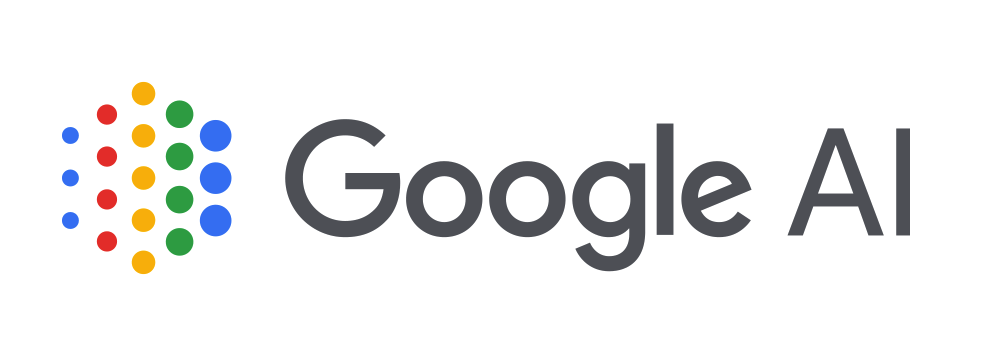DRIVING MEASURABLE OUTCOMES
As consumers shift from traditional search engines to AI-powered assistants like ChatGPT, Perplexity, Google Gemini, and Amazon Rufus, the pathways to discovery are being rewritten. Instead of browsing through ten blue links or dozens of product listings, customers now receive a handful of AI-generated answers and recommendations. This change creates a new reality: if your brand isn’t cited in those answers, you risk being invisible at the very moment of decision-making.
That’s where AI Visibility delivers value. By ensuring your brand is recognized, trusted, and recommended inside AI-generated responses, you unlock new opportunities for growth across industries. From retail and e-commerce to healthcare, finance, education, travel, and legal services, AI Visibility translates into tangible outcomes: more mentions, more recommendations, more qualified leads, and more conversions. Below, we outline the typical ROI by sector, so you can see how this shift impacts your industry specifically.
SOLUTIONS & CASE STUDIES
DRIVING MEASURABLE OUTCOMES
As consumers shift from traditional search engines to AI-powered assistants like ChatGPT, Perplexity, Google Gemini, and Amazon Rufus, the pathways to discovery are being rewritten. Instead of browsing through ten blue links or dozens of product listings, customers now receive a handful of AI-generated answers and recommendations. This change creates a new reality: if your brand isn’t cited in those answers, you risk being invisible at the very moment of decision-making.
That’s where AI Visibility delivers value. By ensuring your brand is recognized, trusted, and recommended inside AI-generated responses, you unlock new opportunities for growth across industries. From retail and e-commerce to healthcare, finance, education, travel, and legal services, AI Visibility translates into tangible outcomes: more mentions, more recommendations, more qualified leads, and more conversions. Below, we outline the typical ROI by sector, so you can see how this shift impacts your industry specifically.
EXPECTED ROI
Retail & E-commerce
Problem: Shoppers are asking Rufus, ChatGPT, and Perplexity for product recommendations. If your products don’t appear in those shortlists, you lose the sale before the customer even clicks.
Expected ROI:
+15–30% increase in share of AI shopping recommendations (ChatGPT, Perplexity, Amazon Rufus).
+8–15% uplift in conversion rates when products appear in AI-curated lists.
Reduced dependency on ads as organic AI mentions drive traffic and sales.
Healthcare & Pharma
Problem: Patients increasingly ask AI assistants about symptoms, treatments, and providers. If your clinic, hospital, or product isn’t cited in AI answers, patients default to better-cited competitors.
Expected ROI:
+20–40% increase in brand mentions across AI health queries.
Higher patient acquisition from inclusion in AI-cited provider or product lists.
Stronger authority via citations in Wikipedia, PubMed, and trusted medical directories.
Financial Services
Problem: Consumers are using ChatGPT and Gemini to compare credit cards, loans, and investment products. If your institution isn’t mentioned, you’re excluded from the shortlist entirely.
Expected ROI:
+10–25% uplift in qualified leads when AI cites your products in comparisons (loans, credit cards, investments).
+15% boost in share of voice in AI-generated financial advice.
Enhanced brand trust as AI systems prioritize credible, regulated institutions.
Education & Training
Problem: Students and professionals now ask AI tools to recommend the best courses and certifications. If your institution or programme isn’t surfaced, you lose enrolments to competitors who are.
Expected ROI:
+12–20% increase in enrolment inquiries from AI-recommended courses.
Wider global reach as AI cites you in “best courses” or “top certifications” lists.
Long-term thought leadership when AI defaults to your explainers and guides.
Travel & Hospitality
Problem: AI-generated itineraries and hotel lists often name just a handful of options. If your hotel, destination, or service isn’t included, you lose the booking to competitors who are.
Expected ROI:
+10–20% uplift in direct bookings from AI-curated itineraries and hotel recommendations.
Higher occupancy rates when AI includes your brand in “where to stay” answers.
Reduced reliance on OTAs by securing visibility in Perplexity, Rufus, and Gemini travel queries.
Legal & Professional Services
Problem: People increasingly ask AI assistants for legal guidance and recommendations (e.g., “best law firm for personal injury claims”). If your firm isn’t cited, your competitor wins the lead.
Expected ROI:
+15–25% more inbound leads from AI-driven recommendations.
+20% higher brand trust when AIs reference your expertise in answers.
Competitive defense — stopping rivals from owning AI citations in your legal niche.



















